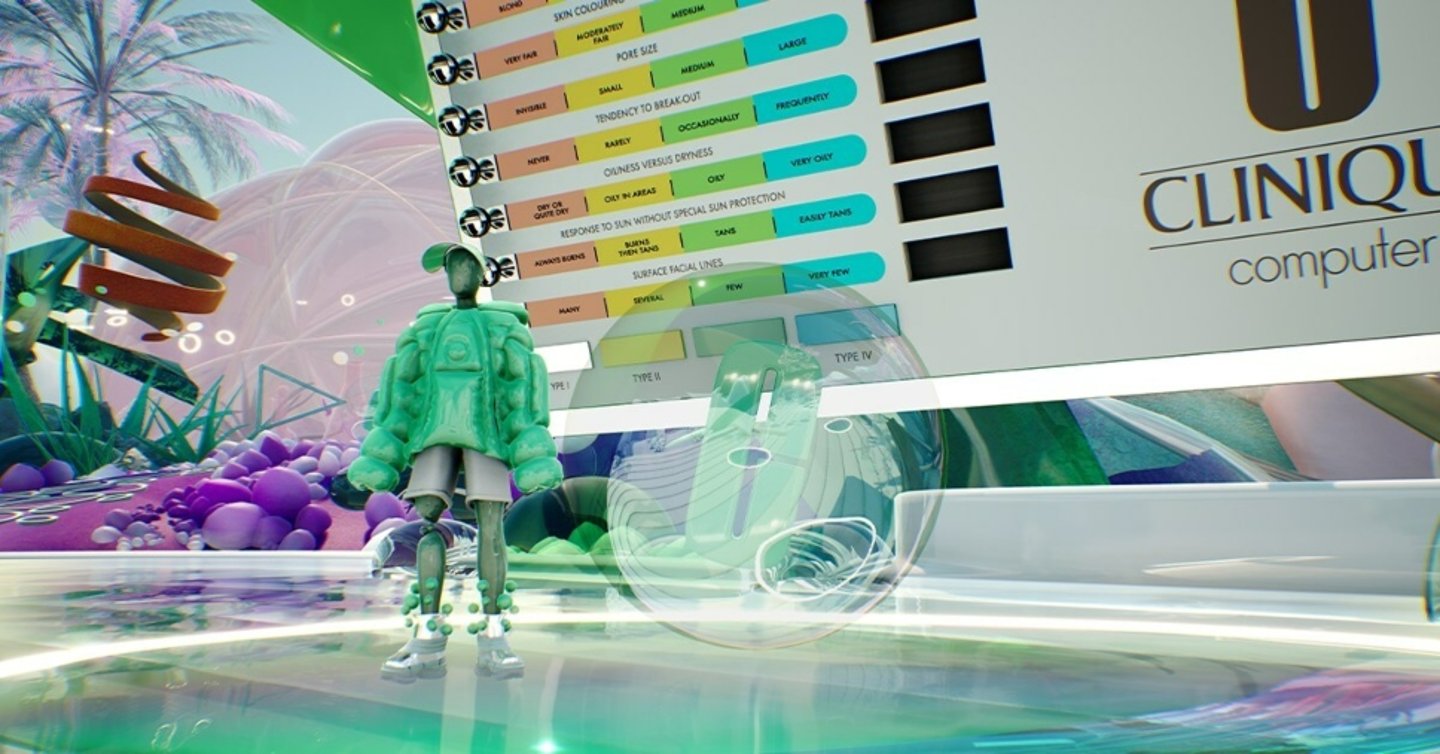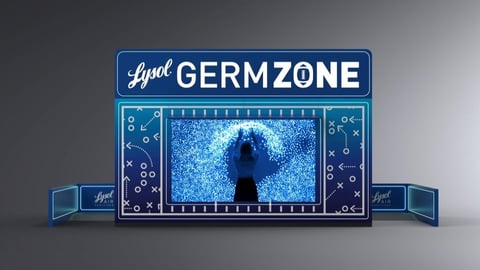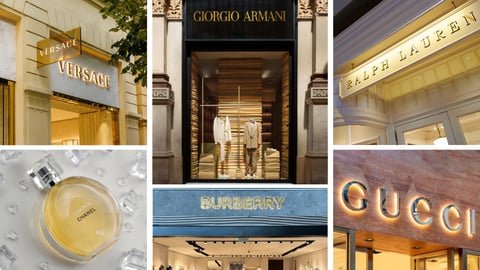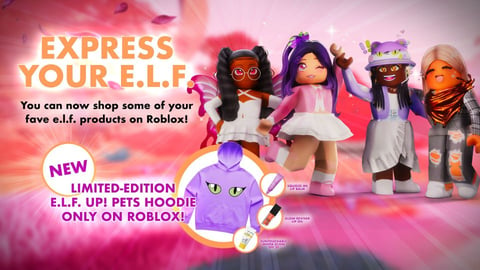Estée Lauder’s Clinique Tries Hand At Immersive Virtual Store Experiences
Skincare manufacturer Clinique is expanding into the virtual world, rolling out a new digital retail concept, The Clinique Lab.
Available via desktop or mobile, the storefront is modeled after a department store beauty counter and allows users to design a virtual avatar, discover, interact, play, learn, and shop across six virtual environments. Lab visitors can also talk with virtual beauty consultants and get information on product ingredients.
The company partnered with Web3 solution provider, Journee, to spearhead the effort.
See Also: Starbucks Reinvention Plan Marries Digital and Physical Experiences With Web3 Loyalty
The Estee Lauder-owned company says the decision to establish a virtual storefront presence was driven by the recent success of their recently-renovated brick-and-mortar retail labs in Shenzen, China, as well as in New York City. Michelle Freyre, global brand president of Clinique and Origins, said the concept was designed to be “a digitalized expansion to retail marketing.” The tech leverages personalized diagnostics fused with immersive shopping experiences to allow consumers access to unique offers, a multisensory universe, and gamification elements.
Starting out, the Clinique Lab will showcase some of the brand's hero products, including the bestselling Moisture Surge 100H face cream, and the campaign will feature storytelling and interactive features.
Other Companies Entering the Virtual World
Despite some limited adoption and uncertainty around how exactly to leverage the tech for impact, brands continue cautiously experimenting with VR technologies in marketing and consumer experience efforts. While sales of AR/VR headsets dipped by 2% in 2022, according to Ben Arnold, consumer electronics analyst of The NPD Group, a recent survey by Accenture shows nearly 55% of consumers want to be active users of the metaverse, and 90% want to do so in the next year.
In 2021, for example, Nike, launched Nikeland on the Roblox platform, while Chobani hosted a virtual marathon on the same platform. For Halloween last year, PepsiCo and Frito-Lay North America gave customers the chance to immerse themselves in a digital neighborhood – Chesterville – and bring back discontinued Cheetos flavors.






